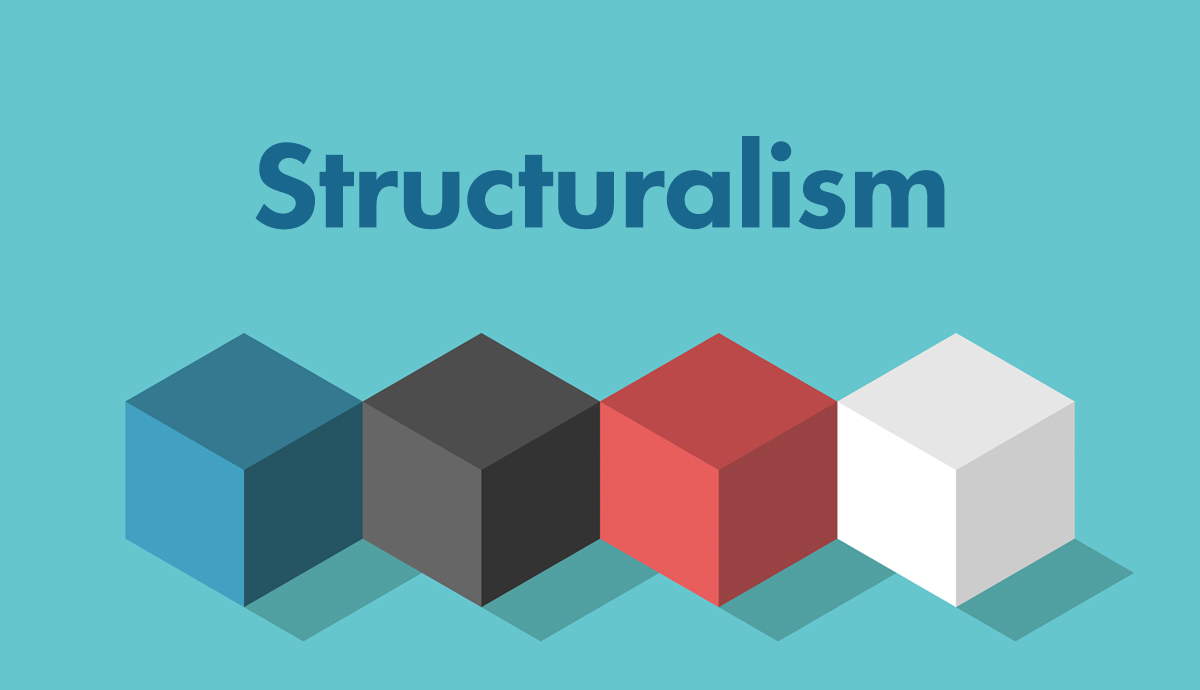
Gottlob Frege is one of the most important and influential philosophers of the last 200 years. He was a logician, a mathematician, and an all-around genius who proposed important theories on the nature of language, meaning, reference, and the relationship between mathematics and logic. His works have shaped most subsequent philosophy in English-speaking countries (and beyond). This article will explore Frege’s life and one of his most important contributions to the world of philosophy: the defense of logicism, or the idea that arithmetic can be reduced to logic.
Gottlob Frege: A True Professor

Gottlob Frege was one of the most important philosophers of the 20th century. Frege’s life was, in many ways, irrelevant to his work. He was born into a fairly intellectual, middle-class German household – his father was headmaster of a girls’ school – and spent his entire career at various German universities.
Frege’s training and most of his professorial work was not philosophical in nature, but rather focused on topics in mathematics and physics. He was known for his magnanimity and collegial benevolence towards other mathematicians and philosophers; famously, he pointed a young Ludwig Wittgenstein in Bertrand Russell’s direction when the former came to him looking for philosophical guidance, and thereby indirectly forged one of the most impactful philosophical partnerships in history.
However, before considering his philosophy as such, it would be helpful to say something about Frege’s significance for those who came after. It is worth asking how a mathematics professor, who was not himself overly concerned with the philosophical tradition before him, came to be so influential to the tradition which came after him.
Gottlob Frege and the Big Project: Logicism

Frege is perhaps best known for his extremely influential philosophy of language, which has proven central to the development of what is now known as ‘analytic philosophy’, the dominant strain in English speaking universities. However, Frege’s lifelong intellectual concerns were not with language. Frege was not a linguist, a philologist, or a polyglot. He did not study language for a living, but rather he studied mathematics.
At the root of the Fregean philosophical project is an attempt to demonstrate that the truths of arithmetic are analytic, and specifically, that they constitute laws of logic. This philosophical position is now called logicism. This was a project to which Gottlob Frege devoted much of his life, and it will only be possible to touch on parts of it here.
Arithmetic is quite easy to define: it is the branch of mathematics which deals with numbers, their properties, and things we do with them; counting, calculating and so on. It is the latter concept, that of the ‘analytic’, which requires more attention. The term ‘analytic’ refers to the distinction between truths which are held to be analytic, and those which are held to be synthetic. This is a distinction which arises originally in the work of Immanuel Kant.
The Analytic and the Fregean Project

Focusing on Frege’s understanding of the analytic can lead to a better understanding of what motivated the Fregean project in the first place. To understand Frege’s conception of the analytic, it is important to understand the Kantian account of this concept. In particular, it is very important to understand the difference between Kant and Frege’s conceptions of analyticity.
Kant puts the distinction this way: “In all judgments in which the relation of a subject to the predicate is thought (if I only consider affirmative judgments, since the application to negative ones is easy) this relation is possible in two different ways. Either the predicate B belongs to the subject A as something that is (covertly) contained in this concept A; or B lies entirely outside the concept A, though to be sure it stands in connection with it. In the first case, I call the judgment analytic, in the second synthetic.”

Here a subject can be understood as some specific thing – it could be a physical object, like a pencil, it could be something more abstract, like a number. A predicate can be understood as stating something about that thing. For instance, in the phrase ‘the green pencil’, there is a subject (pencil) and a predicate ‘green’. What’s important is to observe the two ways in which Kant holds that predicates can relate to subjects – either predicates can belong to subjects by being ‘contained in’ them, or by lying ‘entirely outside’ of them.
The former is an analytic relation, the latter is a synthetic one. The principle here seems quite simple; it’s impossible to think of certain things without their having certain qualities. Kant uses the example of ‘all bodies are extended’, because he thinks that it is impossible to imagine a body existing without being ‘extended’, which just means to exist in and take up space; but a simpler example is ‘bachelors are unmarried’. Being unmarried is a quality that no bachelor can lack.
Frege’s Critique of the Kantian View

This idea that the predicate is ‘contained’ within our concept of a certain subject is one which Gottlob Frege will take issue with. In particular, he takes issue with the psychologistic connotations – the suggestion that it is our concept of some thing which determines whether predicates relate to it analytically or synthetically means that it is how people happen to think about some thing which matters more than any objective quality of that thing. Equally, there are various kinds of propositions which seem to be analytic – for instance, anyone who is my father’s mother is my grandmother – which nonetheless are not covered under Kant’s “containment” theory, insofar as they concern relations between concepts and not things which are contained within a certain concept.
The Introduction of Logical Constants

For these reasons, Frege wanted us to think of analyticity rather in terms of logical constants, which are independent of any particular way of thinking or speaking about something. It seems fitting that it was Kant who claimed that the fact that logic failed to substantially progress beyond Aristotle’s work demonstrated that the discipline was near completion. Frege created a revolutionary system of logic, which is now the basis of modern symbolic logic and a great deal of modern philosophy, precisely in order to surpass the errors in Kant’s conception of the analytic.
To explain the basis for Frege’s view that arithmetic is analytic, he contrasts this with the Kantian view that geometry is synthetic (a view with which he agrees). He observes that one can use incorrect assumptions about certain parts of geometry in order to make deductions which make sense. He uses this to argue that the truths of geometry are synthetic, and that the truths of arithmetic are not.

To see what Gottlob Frege had in mind, consider that I can say ‘if your brother was a girl, he would therefore be your sister’ and use an assumption which is itself false (your brother being a girl) to deduce a conceivable conclusion. Whereas, Frege claims, when one uses incorrect assumptions about numbers, they cannot make deductions.
Indeed, thought as a whole becomes nigh on impossible if one tries to conceive of this. Frege argued that it follows that ‘the basis of arithmetic lies deeper…than that of geometry. The truths of arithmetic govern all that is numerable. This is the widest domain of all; for to it belongs not only the actual, not only the intuitable, but everything thinkable.’
Frege’s belief was that the laws of number are ‘connected very intimately with the laws of thought’, and given that Frege has a narrow conception of a logical concept, namely that a logical concept is that which can be exercised in thought about any subject matter, this move seems to have taken us swiftly from Frege’s first claim, that the truths of arithmetic are analytic, to Frege’s second claim, that the truths of arithmetic constitute logical laws.
Vulnerabilities in Frege’s Project of Logicism

Philosophers today consider Frege’s project something of a glorious failure, and have found plenty of flaws in his work. It is therefore worth concluding by delineating what is, if not an objection as such, certainly an area of vulnerability.
The vulnerability in question is his definition of the logical concept. The Fregean conception of the logical concept makes sense of it in light of what can be thought. This would seem to suggest that our conception of thought precedes our conception of logic, and in order to say just what logic is one would have to say quite precisely what thought is. The necessity of predicating our conception of logic upon our conception of mind could be avoided by defining ‘thought’ in a very broad way, which would mean that there is nothing that could be said to go on ‘in our heads’ or ‘in our minds’ that is not thought.

Or, alternatively, one could respond to this objection by claiming that anything one identifies as thought is thought, not because that identification itself matters but because the goal is simply to define thought in the broadest way possible. However, if Gottlob Frege does want to subsume all aspects of our mental life into his definition of thought – including the imaginative and passionate elements of our inner lives – then he seems to have taken us quite far from how thought and logic are ordinarily conceived of.
This isn’t necessarily illegitimate, but it might be undesirable if there are connotations of our ordinary conception of thought and logic which Gottlob Frege wants to retain, or if he eventually wants to substitute our present, misguided conception of these things with new conceptions. However, if thought is defined narrowly, then it is from our definition of thought that our definition of logical concepts will precede.










